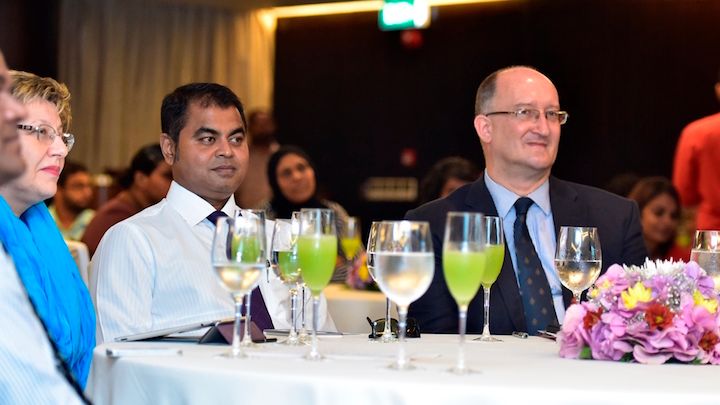US$4.2m project launched for mangroves, coral reef protection
The environment ministry yesterday launched a US$4.2 million Climate Change Adaptation Project to establish eco-tourism facilities to manage protected mangroves and coral reefs in Fuvahmulah and Addu City and generate economic benefits for local communities.

06 Oct 2015, 09:00
The environment ministry yesterday launched a US$4.2 million Climate Change Adaptation Project (CCAP) to establish “eco-tourism facilities” to manage protected mangroves and coral reefs in southern Fuvahmulah and Addu City.
The three-year project was undertaken with assistance from the the World Bank, European Union (EU), and the Australian Agency for International Development (AusAID) under the umbrella of the Maldives Climate Change Trust Fund (CCTF), the environment ministry said.
The environment ministry will partner with tourist resorts and dive schools in the two southernmost atolls to implement the project, which involves development of infrastructure for eco-tourism facilities in the protected wetland areas.
The eco-tourism facilities would “ensure that their protection provides economic benefit to the communities in these regions,” the ministry said.
Become a member
Get full access to our archive and personalise your experience.
Already a member?
Discussion
No comments yet. Be the first to share your thoughts!
No comments yet. Be the first to join the conversation!
Join the Conversation
Sign in to share your thoughts under an alias and take part in the discussion. Independent journalism thrives on open, respectful debate — your voice matters.




